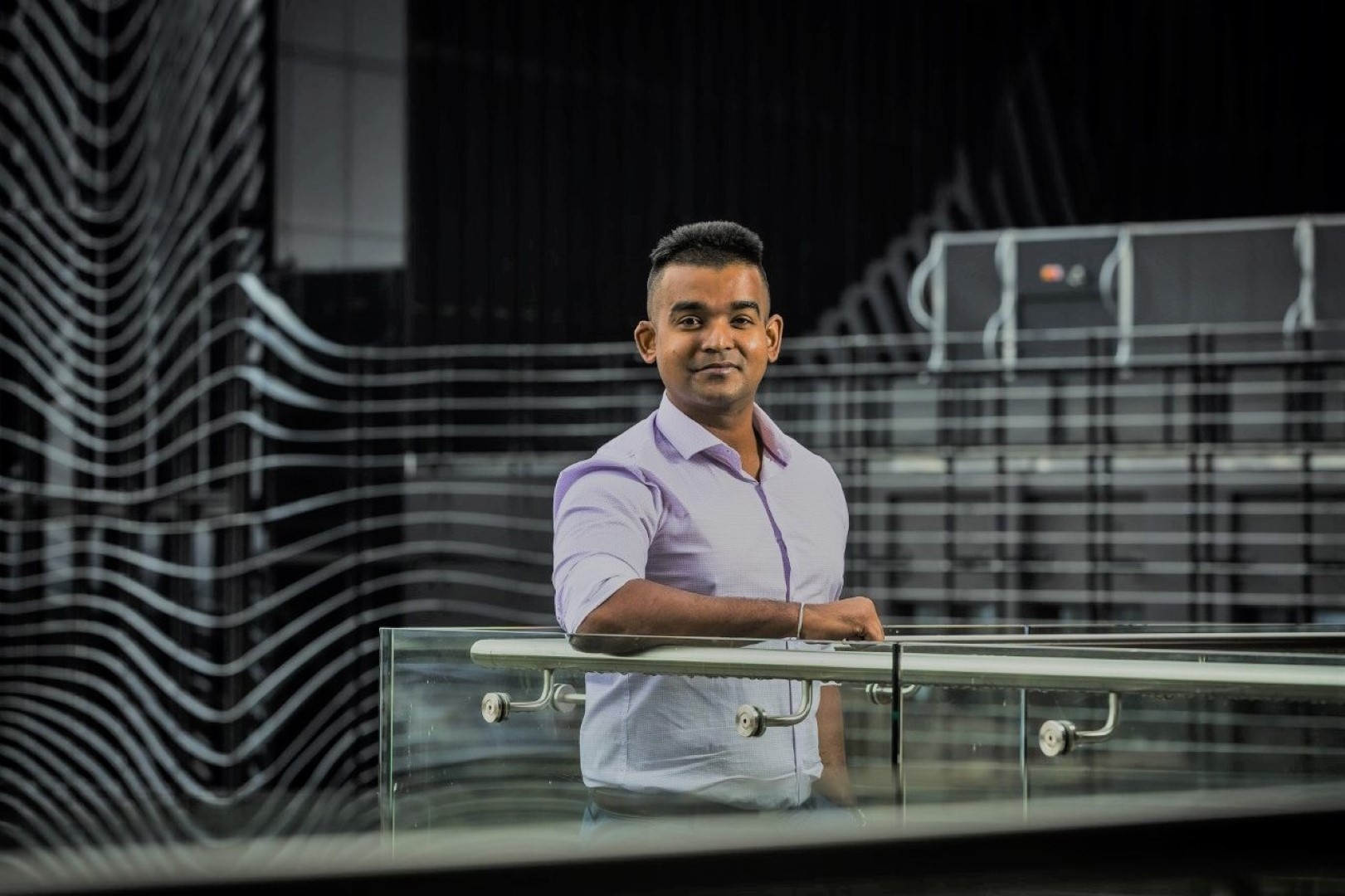
Keeping a close watch on brain and kidney health during heart surgery
More than 1,100 people are admitted to hospital for treatment of heart disease every day in Australia. That’s the equivalent of one person every 1.3 minutes.
Many of these people will need heart surgery to either save their life or improve their quality of life.
These surgical procedures can include:
- coronary artery bypass graft (where a healthy blood vessel is used to bypass the blocked blood vessel)
- valve replacement or valve repair to treat heart valve disease
- coronary angioplasty (a procedure used to open a narrowing in your heart’s artery).
For heart surgeries, including coronary artery bypass graft and valve repair or replacement procedures, a technique known as cardiopulmonary bypass is needed. This involves a machine, commonly known as a heart-lung machine, which temporarily takes over the job of a person’s own heart and lungs. A heart-lung machine helps to maintain blood flow and oxygen delivery around the body during surgery. Surgeons use this technique to reduce heart movements and keep blood away from the area they are operating in which makes it easier to complete the surgery. While this technique is vital to some types of heart surgery, there are significant risks, including possible acute damage to the brain or kidney.
Dr Yugeesh Lankadeva, Head of the Translational Cardiovascular and Renal Research Laboratory at The Florey Institute of Neuroscience and Mental Health in Melbourne and a Heart Foundation Future Leader Research Fellow, has maintained an interest in brain and kidney health throughout his research career.
His Heart Foundation-funded research focuses on identifying new ways to prevent damage to vital organs during heart surgeries that require the use of a heart-lung machine. This includes new research techniques aimed to improve how kidney and brain health is monitored and preserved during the surgery.
The research funded by the Heart Foundation revolves around us trying to understand why some people that undergo heart surgery develop acute kidney and brain injury,” Dr Lankadeva explains
“The development of acute kidney or brain injury is a major complication and puts people at an increased risk of dying in hospital and experiencing prolonged hospital stays.
What’s concerning is that people who survive even mild or short episodes of acute kidney injury are at greater risk of developing chronic kidney disease and end-stage kidney disease in later life. Similarly, survivors of acute brain injury arising from heart surgery are at an increased risk of developing persisting cognitive disabilities, which can reduce their quality of life,” says Dr Lankadeva
After receiving a Heart Foundation-Future Leader Fellowship in 2018, Dr Lankadeva has been working to advance life-changing techniques across multiple research areas of critical illness. In addition to being part of a team that is currently trialing a world-leading treatment option for severe infections (sepsis), Dr Lankadeva is pioneering new ways to better monitor and preserve kidney health during heart surgery.
Throughout surgery, a person is closely monitored using the heart-lung machine to ensure their blood pressure is stable, in addition to many other measures including, blood oxygen levels and body temperature. However, there is no existing method to monitor kidney health during surgery. “We have found through our research that current practices for delivering oxygen to the kidneys during heart surgery are suboptimal ” says Dr Lankadeva.
Recently, Dr Lankadeva and his team discovered that a way to indirectly monitor kidney health is by monitoring urine oxygen levels in the patient’s bladder. This is also a relatively easy thing to do, given many patients undergoing heart surgery will need to have a catheter inserted into the bladder to drain urine. They found that this new technique provides a reliable indication of how well the kidneys receive oxygen during heart surgery, on a minute-to-minute basis.
The benefit of using bladder urine oxygen levels as a marker of kidney health is that it’s non-invasive and we obtain this valuable information in real-time. And what’s really exciting is that this technique has now shown promise in multiple clinical trials at Austin Health, Monash Health and Royal Melbourne Hospital,” says Dr Lankadeva
Dr Lankadeva and colleagues have also now found a way to restore kidney oxygen levels during heart surgery.
"We found that if heart surgery was performed by simultaneously targeting a higher blood pressure and a higher target pump flow using the heart-lung machine, we can essentially restore kidney oxygen delivery to healthy levels” says Dr Lankadeva.
This new intervention is currently being tested in a clinical trial in 400 patients undergoing heart surgery at Monash Health to improve kidney health outcomes (Australian Clinical Trials Registry No: ACTRN12619000128190p)
Thanks to a 2020 Vanguard Grant from the Heart Foundation, Dr Lankadeva’s focus has been able to shift onto understanding the causes and then finding new ways to prevent brain injury arising from heart surgery.
We are now developing a new clinical intervention to prevent brain injury in patients undergoing heart surgery. Preliminary findings from research studies suggest that repurposing an already existing medicine, might be a possible treatment,” explains Dr Lankadeva
“I strongly believe that medical research holds the key to developing new, effective therapies like this that can have a real, positive impact on improving people’s lives.”
Last updated09 January 2026